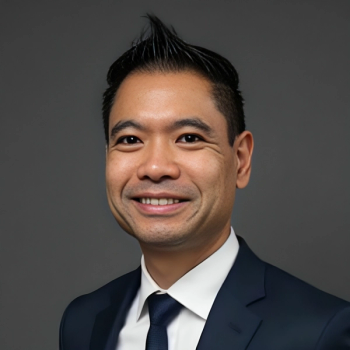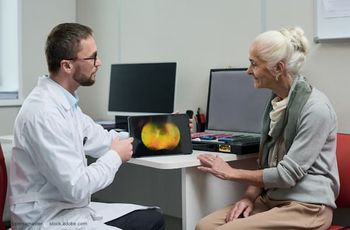
Part 3: KOL reflections on what they would say to retina fellows
KOLs in the retina world reflect on advice they would share with fellows beginning their journey into retina, including the vast opportunities in healthcare and the importance of curiosity and collaboration for revolutionary advancements in retina medicine.
Editor's note: This transcript has been lightly edited for clarity.
Baruch D. Kuppermann, MD, PhD: To those residents that are contemplating a journey into the world of retina, several things. First of all, for me and most of us retina specialists, we are very happy with our choices. It's a real community out there. So we've learned that we're engaging with a network of bright, well-trained, engaged people, that we create a community around the world, and that's what we're expressing here at this meeting, but also within the United States. Certainly so, it creates more of a pleasant village environment where there's a smaller number of retina specialists, and we get to know many of each other, and it's also very—we make a real difference in people's lives. We're very happy about our role in society and within the medical community and with each other. It's a fair amount of work, but it's very gratifying. So I encourage you all to consider a career in retina. I think if you polled people, the overwhelming retina specialists are very happy with their choices.
Siegfried Priglinger, MD: When I started retina, medical retina in real life was something like, "Oh, it's difficult to distinguish." Diagnosis is complicated. You can't do anything at all. So why should I learn it? Frankly speaking, nowadays, as we know, it's important to recognize [and] important to know that there's a difference between just a classic MD and an IRD. Pretty much sure that the younger guys and the young students already will recognize this is a very important field and will be walking on learning this area of this field of retina.
David Tanzer, MD, ABO: I would say, you know, to a resident or fellow currently entering into the space, you know, be flexible and be adaptable. If there's anything that I've been taught in the last 30 years of being in ophthalmology as an ophthalmologist, it's that this is a fast-moving space, and it's a novel space. It's an innovative space. That's one of the reasons, I think, that draws us to this, this wonderful world of ophthalmology. So be adaptable, be flexible, [and] be open to new ideas in terms of how we treat our patients, because what we're doing today will be completely different in five years. I've certainly known that from the last 30 years of me seeing patients and doing surgeries; what I trained as a fellow to do 30 years ago is certainly not the way we're doing PC care today. So you.
Newsletter
Keep your retina practice on the forefront—subscribe for expert analysis and emerging trends in retinal disease management.


































